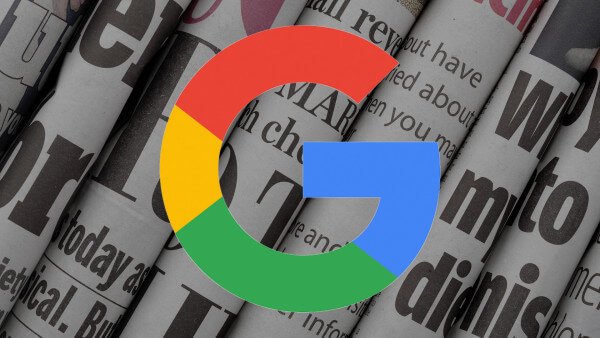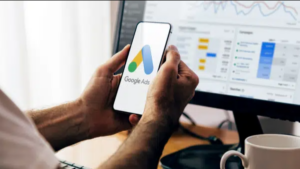Longer running news items may be surfaced more for some queries in Google Search.
What is Full Coverage. In 2018, Google introduced Full Coverage in Google News at Google I/O, the company’s big developer conference. Back then we described Full coverage as offering a nearly exhaustive array of sources and perspectives on the topic. Google says this is a real-time, “360-degree view” of news stories and topics. And, unlike the personalized feeds elsewhere, everyone sees the same content in full coverage. The company calls it “the most powerful feature of the app.”
Now in web search. Today, in the US and English results on mobile, you may start to see Full Coverage in web search. Google said “when you’re searching for information on a timely topic, you see a carousel of articles at the top of your Search results highlighting relevant news. Now for big, developing news stories, you can tap into a Full Coverage page after scrolling to the end of the top stories carousel or by selecting ‘More news on…’ right below the carousel. “
What it looks like. Here is a GIF of it in action:

BERT. Just a reminder to you BERT lovers, Google said it uses BERT to power a lot of the Full Coverage news. Google BERT is used in full coverage news stories to better match fact checks with stories.
Old timers. For you old timers, “full coverage” was something Google used in Google News in 2009, but this is a different type of full coverage from the old 2009 version. Back then it was just about giving you a bit more information about the story.
With this launch in search today, Google said it is “introducing new technology that is able to detect long-running news stories that span many days, like the Super Bowl, to many weeks or months like the COVID-19 pandemic. We then organize the Full Coverage page to help people easily find top news along with additional content like explainers and local coverage that are helpful to understanding these complex stories.”
Why we care. Full coverage may be able to surface more of your content in different ways, not just in Google News but now also through Google Search.
This is launching today on mobile devices, beginning with English in the U.S. and will roll out more widely from there. If you notice changes in your traffic and you are in the news publishing world, this may be why.




